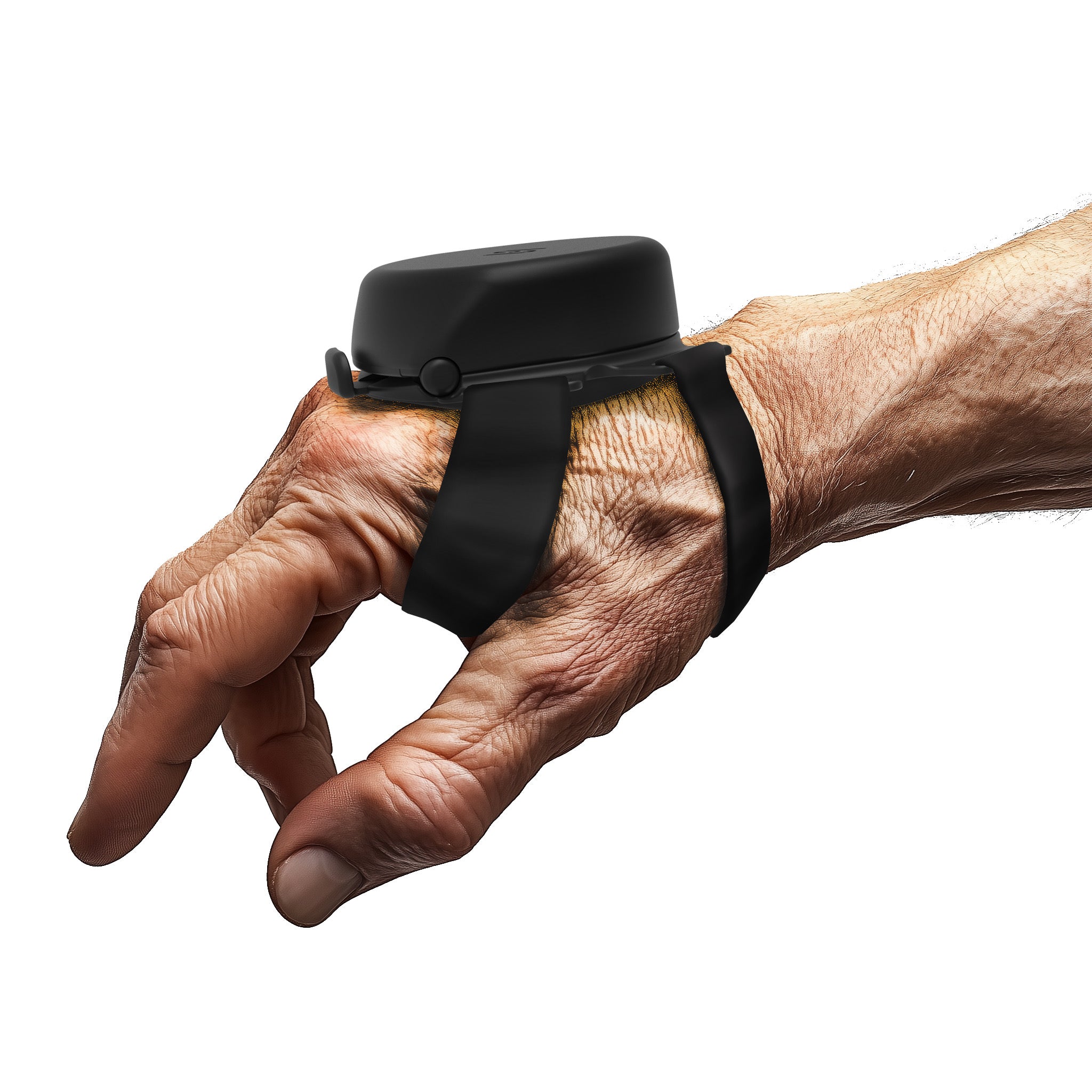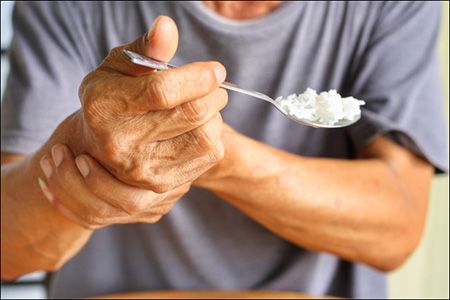Undergoing surgery is a significant medical procedure that can often lead to a challenging recovery path. While you've triumphed over the surgical process itself, a new and unexpected challenge may emerge—postoperative tremors. These involuntary shakes can arise unexpectedly, sometimes affecting your hands, arms, legs, or even your entire body, and they may leave you feeling uncertain about the road to recovery.
In this guide, we will delve into the origins of these post-surgery tremors, explore common causes, and discuss effective treatments to help you regain control and confidence as you recuperate. Understanding what triggers these tremors and how to manage them effectively can significantly ease your post-surgery journey and enhance your overall recovery experience.
What are Post-surgery tremors?
Postoperative shakes are uncontrollable hands shaking or trembling that can occur following a surgical procedure. Tremors can affect various regions of the body, including the hands, arms, legs, and sometimes the entire body. The degree of these tremors varies, with some being brief and moderate and others persisting and becoming more severe.
Common causes
The primary causes of post-surgery tremors include anesthesia and medication effects. Common causes include:
- Anesthesia effects
The use of anesthesia is critical in surgeries since it temporarily puts the patient to sleep and also reduces pain but has neurological effects. Postoperatively, patients may have muscle tremors because of the alteration of neurotransmitter activity brought on by anesthetic drugs such as sevoflurane, desflurane, or propofol.
- Medication side effects
Tremors are common side effects of many drugs used during surgery. These include muscle relaxants, opioids, which are analgesic agents used to treat pain, and certain types of antibiotics.
- Stress and anxiety
Surgery leads to stress and anxiety, which trigger the body's stress-coping mechanisms. Stress and fear when anticipating, performing, and recovering from the surgery may cause increased sympathetic activity manifested by tremors.
- Metabolic imbalances
Surgery and anesthesia can affect metabolic rates and levels of glucose, electrolytes, and other biochemicals. These imbalances resulting from fasting, fluid shifts, blood loss, or derangement in the function of organs can cause tremors.
How to treat Post-surgery tremors?

Treating tremors often necessitates a multifaceted approach that focuses on symptom management, treating underlying causes, and improving patient comfort and functional recovery. The following strategies are commonly used:
1. Medication management
It is essential to address or adjust any medications contributing to tremors. Common medications used to control tremors include propranolol (a beta-blocker) and primidone (an anticonvulsant). However, recent advancements in medical research may introduce more effective treatments or alternative approaches. It’s crucial to consult a healthcare provider to stay updated on the latest evidence-based therapies and discuss the most suitable options for your recovery.
2. Physical therapy and rehabilitation
The ability of the affected muscles to be strengthened, coordinated, and have better fine motor control by undertaking workouts from physical and occupational therapies reduces the effects of the functional limitations resulting from tremors.
3. Stress management and relaxation techniques
Such practices as progressive muscular relaxation, muscle relaxation with breathing exercises, and biofeedback training can be used to reduce tremors and anxiety related to them.
4. Nutritional support
It is important to point out that a healthy, balanced diet with the necessary amounts of water is essential for a person’s health and postoperative period. Electrolyte imbalances or nutritional depletion must be addressed to decrease the incidence of tremors.
5. Psychotherapy and counseling
It’s important to tackle psychological challenges like depression, anxiety, or post-surgery PTSD, which are common after surgery. Therapy options like psychotherapy, counseling, and cognitive-behavioral therapy (CBT) can really help you work through these feelings and find ways to manage and heal.
Will the tremors go away?
Since the occurrence of postoperative shakes relies on many aspects, including the cause, the patient characteristics, and the treatment applications, the time and possible prognosis for the period also substantiate the standard variations. In many cases, the tremors are just postoperative, and it takes some time for the body to adjust. Perhaps the tremors will stop as well because the body has healed itself. However, in some cases, these shakes may continue and therefore will need further treatment and assistance.
Exploring Innovative Solutions for Managing Post-Surgery Tremors with Steadiwear

As we navigate the challenges of post-surgery recovery, it's crucial to look beyond traditional medical treatments and consider innovative solutions like those offered by Steadiwear. Specializing in stability-enhancing devices, we provide an effective alternative for managing involuntary shaking and Parkinson’s.
Our standout product, the Steadi-3 glove, incorporates smart fluid technology to provide immediate tremor stabilization in the hand. This wearable device not only enhances our ability to perform daily tasks with greater ease but also boosts our confidence and control over our movements. By integrating such advanced tools into our recovery strategies, alongside conventional treatments and therapies, we can achieve a more comprehensive and empowering approach to managing postoperative tremors.
Conclusion
If you are experiencing tremors, it’s important to consult with your healthcare provider to determine the underlying cause and identify the most appropriate treatment options. With timely intervention, a comprehensive treatment plan, and strict adherence to prescribed therapies, many people experience significant improvement in their tremor symptoms. However, if the tremors persist or worsen despite treatment, further evaluation by specialists, such as neurologists or movement disorder experts, may be necessary to ensure you receive the best possible care.



